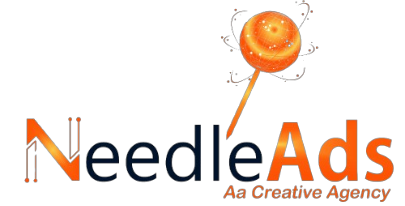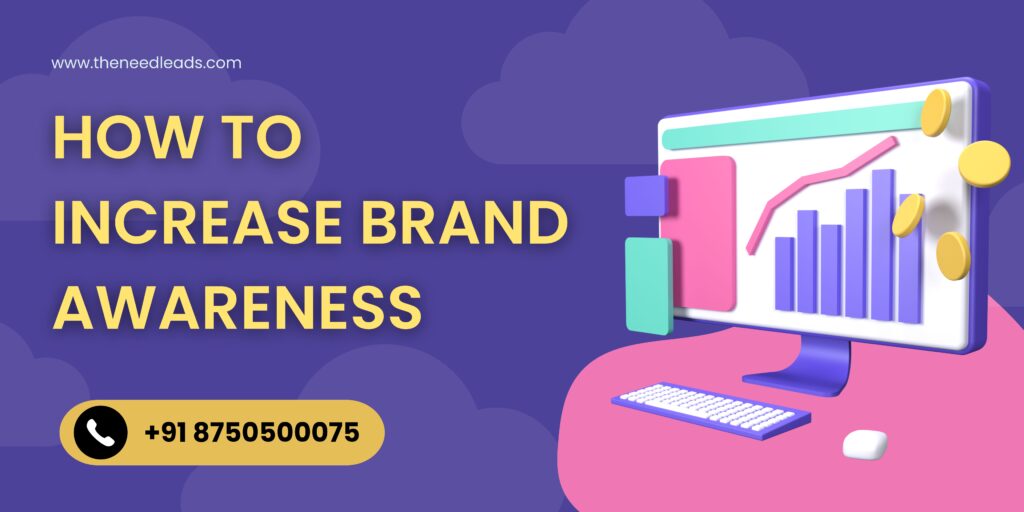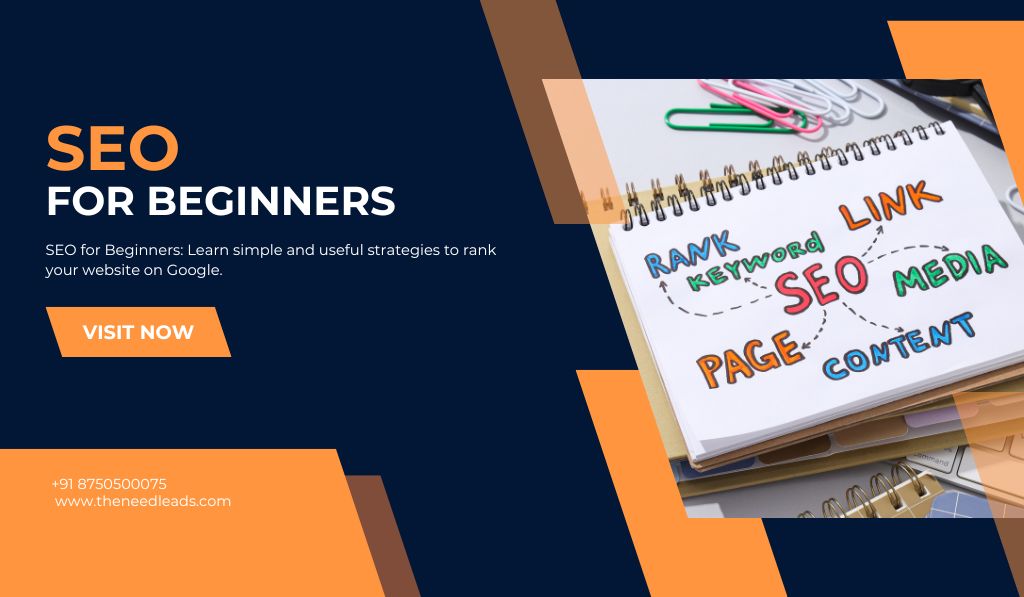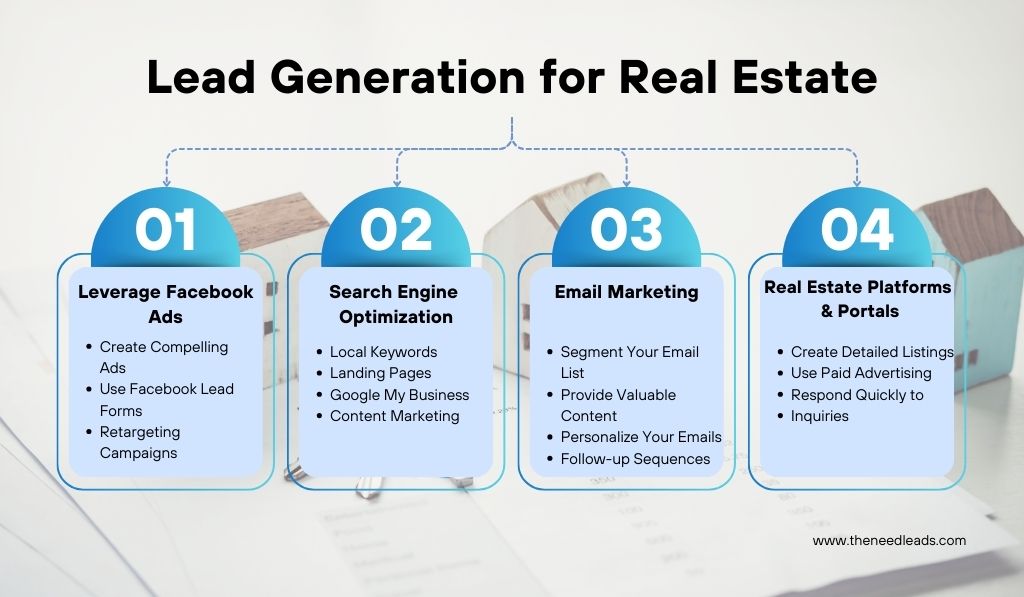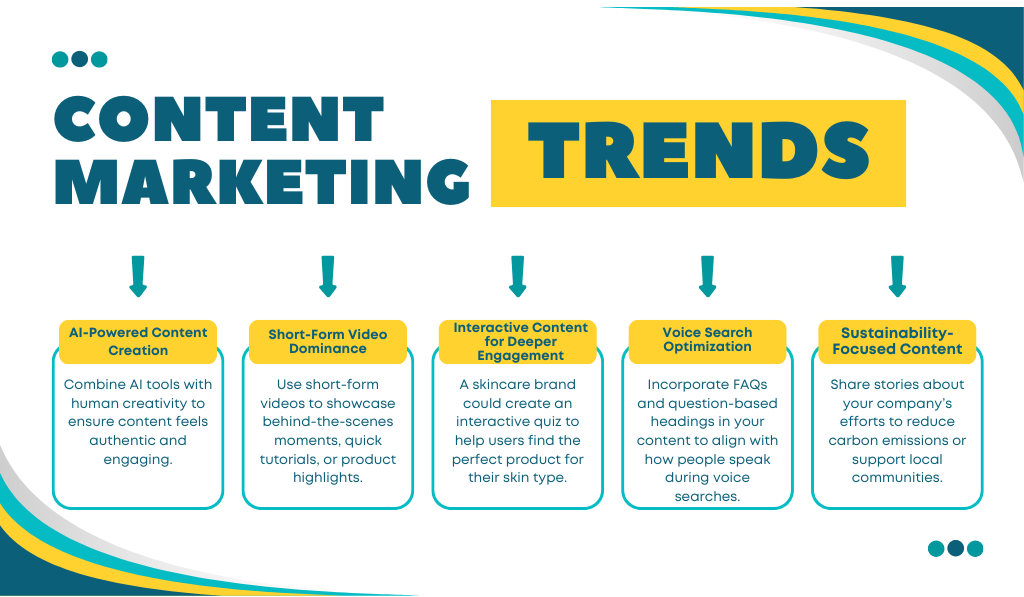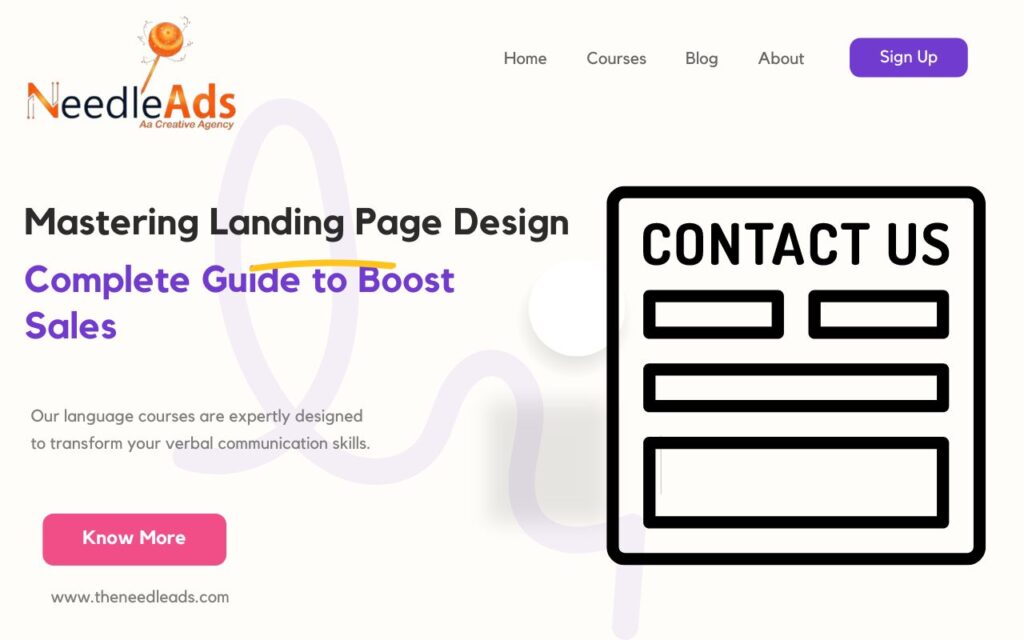In digital marketing, small businesses often face a dilemma: should they invest in Search Engine Optimization (SEO) or Pay-Per-Click (PPC) advertising? Both strategies are powerful tools for driving traffic, increasing brand visibility, and generating leads, but they operate in different ways and offer distinct advantages.
Understanding the difference between SEO and PPC is crucial for small businesses aiming to maximize their marketing budgets and achieve long-term success. In this blog, we’ll explore the pros and cons of SEO vs. PPC, help you decide which is better for your business, and show how combining both strategies can be the most effective approach.
Understanding SEO: A Long-Term Investment
SEO, or Search Engine Optimization, is optimizing your website to rank higher in organic search engine results. An SEO strategy aims to improve your site’s visibility for search engines like Google by focusing on keywords, content quality, website structure, and backlinks.
The Benefits of SEO
- Cost-Effective in the Long Run: Unlike PPC, which requires ongoing payments, SEO is often seen as a cost-effective strategy over time. Once your website ranks higher, the organic traffic you receive doesn’t come with a per-click fee.
- Builds Credibility and Trust: Users trust organic search results more than paid ads. A high ranking in organic search can enhance your brand’s credibility.
- Sustainable Traffic: SEO efforts can lead to sustainable, long-term traffic. Once you achieve a good ranking, maintaining it requires less effort than continually paying for PPC campaigns.
- Comprehensive Coverage: SEO allows you to optimize for a wide range of keywords, covering various aspects of your business, which can attract a diverse audience.
The Challenges of SEO
- Time-Consuming: SEO is a long-term strategy. It can take several months to see significant results, which may be better for businesses needing quick outcomes.
- Algorithm Changes: Search engines frequently update their algorithms, which can affect your rankings. Staying updated with these changes is crucial but can be challenging.
- Competitive Markets: For highly competitive keywords, achieving top rankings can be difficult and require significant resources and expertise.
Exploring PPC: Immediate Results
PPC, or Pay-Per-Click, is an online advertising model where businesses pay a fee each time their ad is clicked. Google Ads is one of the most popular PPC platforms, allowing companies to place ads on Google’s search results pages.
The Benefits of PPC
- Immediate Visibility: PPC campaigns can generate traffic almost instantly. Your ads can appear at the top of search results when your campaign is live.
- Targeted Advertising: PPC allows you to target specific demographics, locations, and times of day, ensuring your ads reach the right audience.
- Control Over Budget: With PPC, you have complete control over your budget. You can set daily spending limits and adjust your budget based on campaign performance.
- Measurable Results: PPC provides detailed analytics, allowing you to accurately track your return on investment (ROI). You can see exactly how much you’re spending and the results you’re getting.
The Challenges of PPC
- Cost: PPC can be expensive, especially in competitive industries. The cost per click (CPC) can add up quickly, so managing your budget carefully is crucial.
- Temporary Traffic: Your traffic will drop immediately once you stop paying for ads. Unlike SEO, PPC doesn’t provide long-term benefits after the campaign ends.
- Ad Fatigue: Users may become desensitized to your ads over time, especially if they see the same ad repeatedly. This can decrease the effectiveness of your campaigns.
SEO vs. PPC: Which Is Better for Small Businesses?
When considering SEO vs. PPC, which is better for your small business? The answer depends on your specific goals, budget, and timeframe.
When to Choose SEO
- Long-Term Growth: SEO is better if you’re focused on building a solid online presence over time. It’s ideal for businesses that want to establish credibility and trust with their audience.
- Limited Budget: Small businesses with limited marketing budgets may find SEO more cost-effective in the long run. Once you achieve good rankings, maintaining them requires less financial investment.
- Competitive Edge: If your industry isn’t overly competitive in keywords, SEO can be a powerful tool to gain a competitive edge and attract organic traffic.
When to Choose PPC
- Immediate Results: PPC is the way to go if you need quick visibility and immediate results. It’s perfect for businesses launching a new product or service and wanting to generate instant traffic.
- Highly Targeted Campaigns: PPC is ideal to reach a specific audience with targeted ads. For example, a Delhi PPC company can help you effectively reach local customers.
- Testing and Experimentation: PPC allows for easy testing of different ad copies, landing pages, and targeting strategies. You can quickly see what works best for your business.
PPC and SEO: The Power of a Combined Approach
While the debate of SEO vs. PPC often leads to choosing one over the other, the most effective strategy might be a combination of both. Integrating SEO and PPC can provide a more comprehensive approach to digital marketing, allowing small businesses to maximize their online presence.
How PPC and SEO Work Together
- Keyword Synergy: Use PPC campaigns to identify high-converting keywords, then integrate those keywords into your SEO strategy for long-term organic traffic.
- Increased Visibility: Having paid ads and organic listings on the same search results page increases your brand’s visibility, giving you more opportunities to capture clicks.
- Retargeting Opportunities: Use PPC to retarget visitors who have previously visited your site through organic search, keeping your brand at the top of your mind and encouraging conversions.
- Data-Driven Decisions: Leverage the data from your PPC campaigns to refine your SEO strategy. Insights from PPC can guide content creation and optimization efforts.
Conclusion: Choosing the Right Strategy for Your Business
The choice between SEO vs. PPC doesn’t have to be an either/or decision. For small businesses, the best approach often involves a balanced mix of both strategies. SEO provides a foundation for long-term success, while PPC offers the flexibility and immediacy needed for short-term goals. Whether you choose SEO, PPC, or a combination of both, the key is to tailor your strategy to your business’s unique needs.
If you’re looking to boost your online presence, consider working with an SEO company in Delhi or a PPC company in Delhi that can help you navigate the complexities of digital marketing and achieve your business objectives. By leveraging the strengths of both SEO and PPC, your small business can reach new heights in the competitive online landscape.
